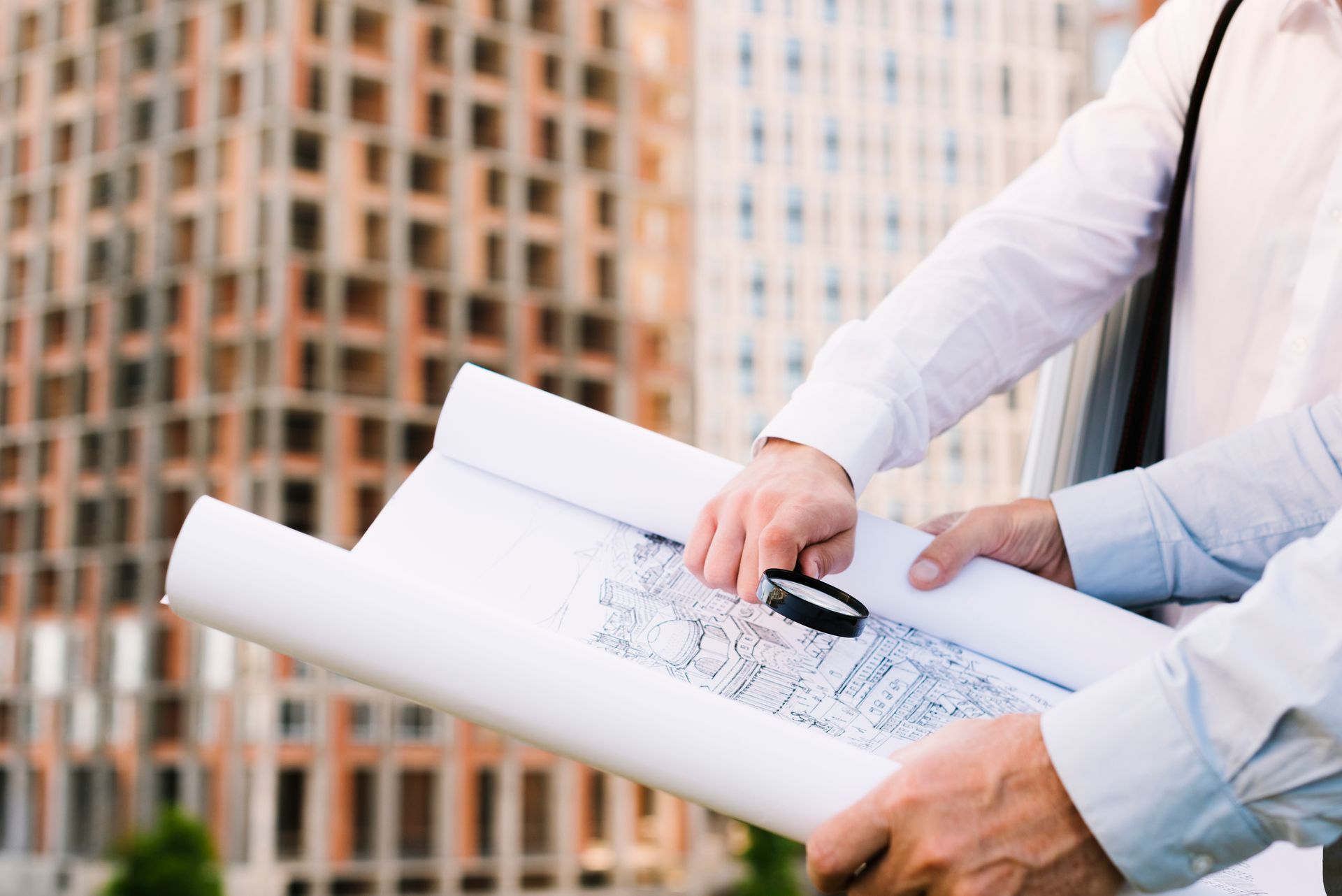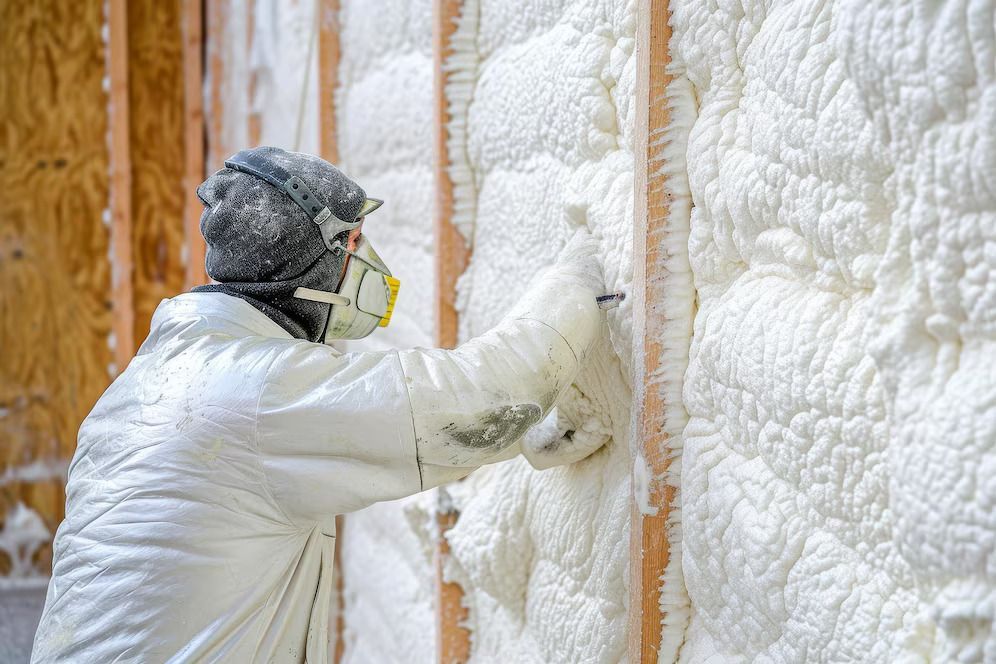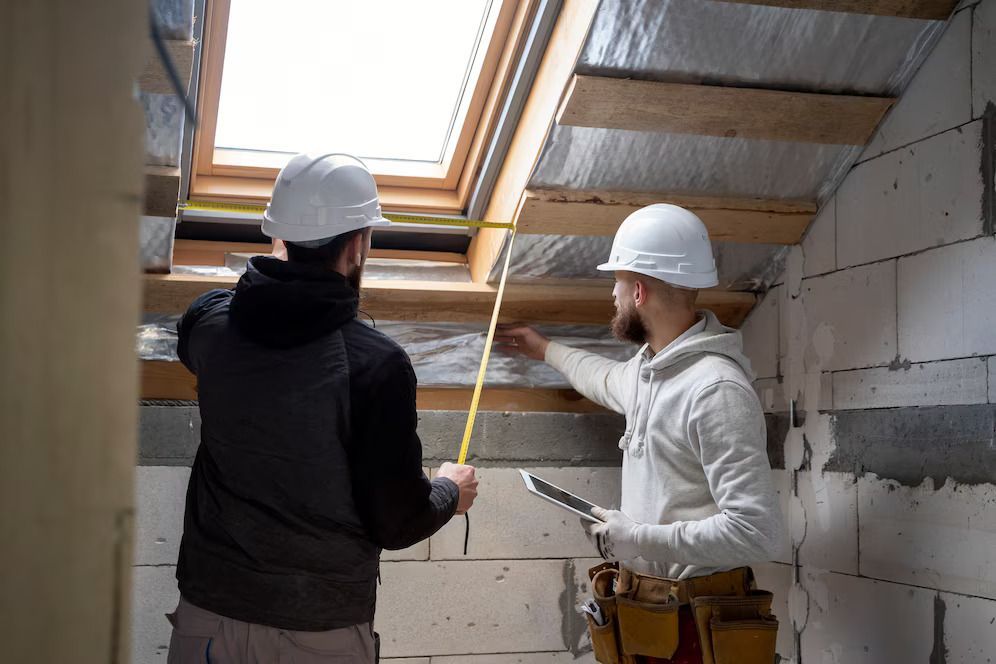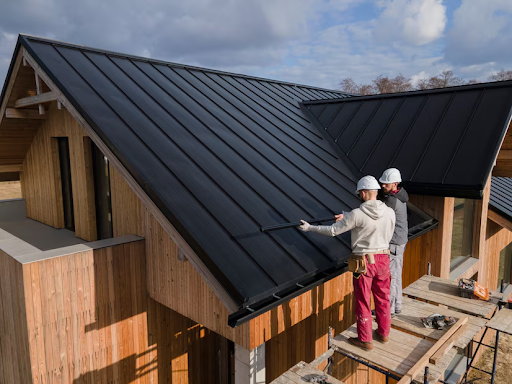Understanding The Different Types Of Building Permits And When They're Required

Building permits are a crucial component of any construction project, be it for a commercial subcontractor or a residential one. They ensure that the building adheres to safety regulations and building codes, protecting the public as well as the property owner. The US had 1,0008 fatal injuries in 2020 alone; hence, these permits are necessary for the safety of all. Here are some permit types and why you should get them.
Different Types of Building Permits Needed by a Commercial Subcontractor
New Construction Permits
A new construction permit is required for any project by a commercial subcontractor that involves building a new structure from the ground up. These are crucial for any commercial construction project management process. The permit typically covers all aspects of the construction process, including foundation work, framing, roofing, electrical, plumbing, and HVAC. With this, you can ensure that the building meets local building codes and safety regulations.With United Seattle, you can get all the help under one roof with an expert building subcontractor.
Renovation Permits
A renovation permit is needed for projects by a building subcontractor that involves significant changes or improvements to an existing building. The permit typically covers all aspects of the commercial construction project management, including the renovation process, structural changes, electrical, plumbing, and HVAC. It's crucial to ensure that the changes comply with local building codes and safety regulations.
Electrical Permits
These are necessary for projects and commercial subcontractors that involve electrical work, including wiring, outlets, and panels. It's essential to ensure that all the work and commercial construction project management is done safely and meets local building codes. The permit may also include an inspection to ensure the work is completed correctly. Electrocutions in the construction process are a major reason for the injury, and with these permits in place, safety can be assured. United Seattle has experts on board to deal with it all.
Plumbing Permits
A plumbing permit is crucial for any project that involves plumbing work, including pipes, water heaters, and fixtures. The purpose is to ensure the work is done safely and meets local building codes. The permit may also include an inspection to ensure the work is completed correctly.
Mechanical Permits
Next, you need to be aware of mechanical permits that come in handy for projects that involve HVAC work, including heating, ventilation, and air conditioning. It's needed to ensure that the work is done safely and meets local building codes. The permit may also include an inspection to ensure the work is completed correctly.
Sign Permits
Those offering commercial building services require sign permits for projects that involve installing any exterior signs on a building. It's required to ensure the sign meets local building codes and safety regulations. The permit may also include requirements for the size and location of the sign.
Fence Permits
A fence permit is needed by those offering commercial building services when installing a fence around a property. With this, you can have the surety that the fence meets local building codes and safety regulations. The permit may also include requirements for the height and location of the fence.With United Seattle, you can get assistance for any kind of project.
Grading Permits
A grading permit is essential for any project, such as commercial building services, that involves changes made to the ground level or contour of a property. It helps to ensure that the changes do not cause erosion, flooding, or other environmental issues. The permit may also include requirements for drainage and erosion control.
Demolition Permits
A demolition permit is required for any project that involves tearing down a building or structure. The purpose of the permit is to ensure that the demolition is done safely and meets local building codes. The permit may also include requirements for the proper disposal of building materials, all of that your commercial subcontractor will oversee.
When working in the construction industry, it is important to gain up-to-date information of all the processes involved. Learn about the importance of keeping up with building code updates here.


We Offer All the Services You Need in One Place! We Will Save You Time and Money!
Call Us at (425) 350-9283 Now to Get a Free Estimate or a Free Consultation for Any of Our Services!

